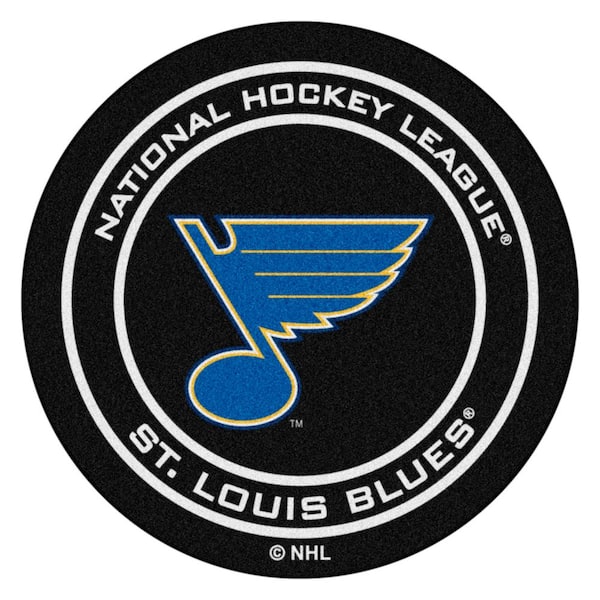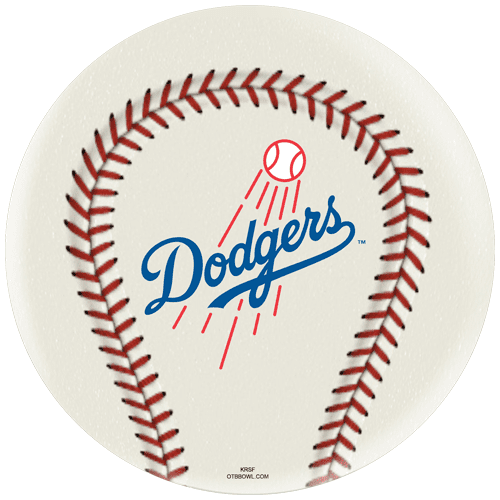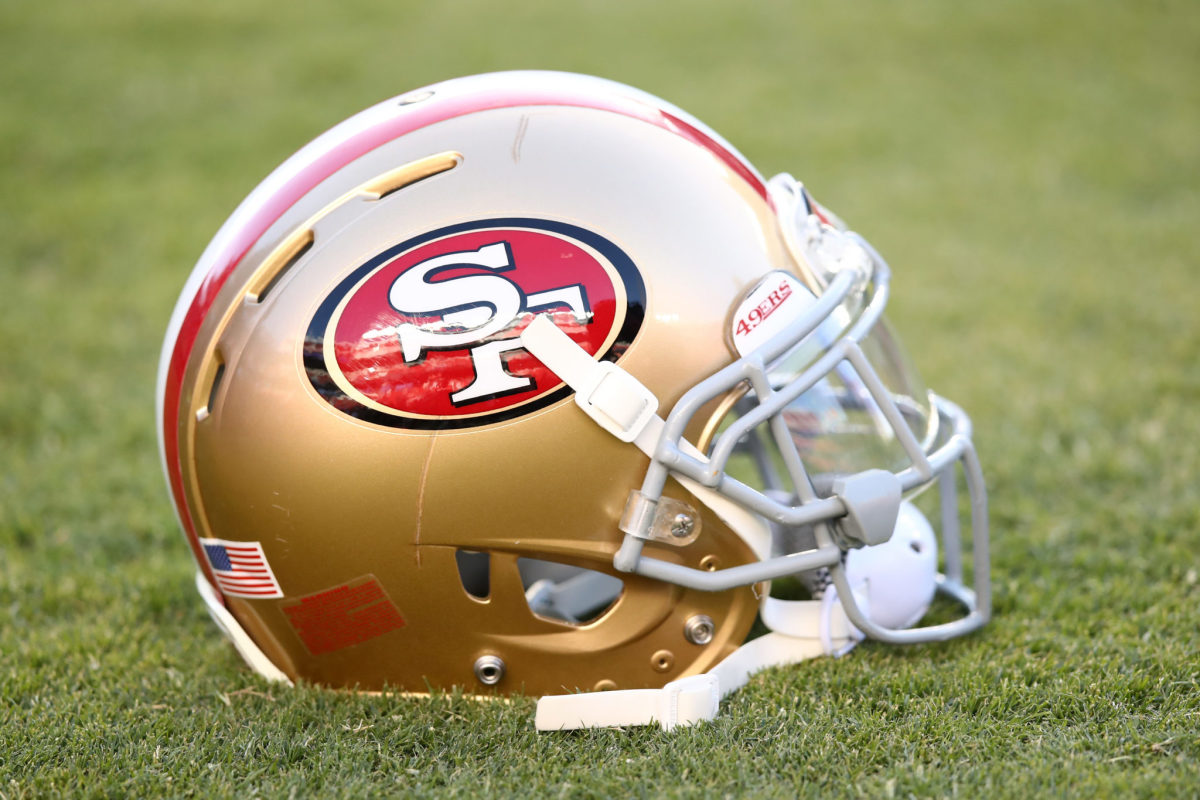
Posted on 01/07/2022 8:36:25 PM PST by SeekAndFind

Though almost always called the Knicks these days, New York’s oldest basketball team is still officially known as the Knickerbockers. If you don’t know what a knickerbocker is, you’re hardly alone — the team even has an explanation on its NBA page. History buffs will remember that New York was settled by the Dutch and was even known as New Amsterdam for a time, and the “knickerbocker” name is in honor of that history.
It refers not only to the distinct style of pants worn by those settlers but also to the pseudonym Washington Irving used for his 1809 book A History of New York From the Beginning of the World to the End of the Dutch Dynasty: Diedrich Knickerbocker. At the time, the word was used as an affectionate term for both New Yorkers in general and the settlers’ descendants in particular.

Corporate sponsorship is nothing new. Just ask the NFL's third-oldest franchise, which celebrated its centennial in 2019 and has been winning championships since long before the Super Bowl became football’s top prize. The team was cofounded in Wisconsin by George Whitney Calhoun and Earl “Curly” Lambeau, the latter of whom struck a deal with the company he worked for at the time: The Indian Packing Company would provide $500 for uniforms, equipment, and the right to use their athletic field, and in return, Lambeau would name his team the Packers after them.
It was quite the bargain. (For context, SoFi recently paid $400 million for the naming rights to the new stadium where the Los Angeles Rams and Chargers play.) Alas, the meat-packing company ceased to exist just two years later, when it was absorbed by the Acme Packing Company — whose name briefly appeared on team uniforms in 1921 — but its legacy lives on through the Packers to this day.

Lots of teams are named after fierce animals and local landmarks. Not many are named after songs. The rare — and possibly only — exception would be the St. Louis Blues, a hockey team whose moniker is derived from W.C. Handy’s song of the same name. First recorded in 1914, the classic tune has been covered by everyone from Louis Armstrong and Bing Crosby to Dizzy Gillespie and Bessie Smith. Blues owner Sid Salomon Jr. chose it as the team's namesake because "no matter where you go in town there's singing. That's the spirit of St. Louis."
Unlike most expansion teams, the Blues were instantly successful — they made it to the Stanley Cup Finals in 1968, 1969, and 1970, but were swept in all three series. Don’t feel too bad, though — they finally won the big one in 2018.

Not unlike the Utah Jazz, baseball’s reigning World Series champions trace their name back to their original city — Brooklyn, where the team was founded as the Grays (and later the Bridegrooms) in 1883. Writers began referring to them as the "Trolley Dodgers" in 1895, when trolley cars became ubiquitous in the borough. At the time, the subtle art of evading those vehicles was as much a pastime in Brooklyn as playing baseball was. The team officially adopted the nickname and became the Dodgers in 1932, ultimately keeping the title even after their 1958 move to Los Angeles, despite now being in a city that isn’t exactly known for its public transportation.
Although the name sounds quaint, historical context reminds us that it had a far different connotation at the time. “In the 1890s, the electric trolley terrified many New Yorkers,” Joseph P. Sullivan wrote in his essay “The Terror of the Trolley.” “The electric streetcar was much faster than a horse streetcar and caused many accidents. In Brooklyn especially, the trolley frequently killed or maimed young children. As a result, the electric trolley became a symbol of the chaotic nature of modern, urban life.”

When basketball came to Indianapolis in 1967, it was probably inevitable that the new franchise would draw inspiration from the city’s most famous event: the Indy 500. Indiana’s capital and most populous city has long been synonymous with the annual race, which was established in 1911 and is billed as the Greatest Spectacle in Racing to this day. Among the Indy 500’s many traditions is the pace car, which has been used in the race since its very first edition.
The pace car’s purpose is both ceremonial and highly important: Its appearance on the track signals a caution period during which racers aren't allowed to pass either it or the competitor in front of them, often to allow safety technicians to clear the track of obstructions or wait until it’s safe to drive at full speed again. It’s considered an honor, as well as an advertising opportunity, for a manufacturer to provide the Indy 500’s pace car — the vehicle will be seen by millions, after all.

If you aren’t up to date on your California history, the number 49 might not carry much significance. But there's a reason it's called the Golden State, and that reason is the gold rush that began in 1848 and reached its peak in 1849. The California Gold Rush brought some 300,000 people to the state over the course of seven years, with hopeful prospectors becoming known as forty-niners. Formed nearly a century later in 1946, San Francisco's first major sports team took its name from those prospectors. Seventeen years later, the Philadelphia 76ers followed suit by naming themselves after the year America declared its independence from Great Britain.

Since its inception, America has taken pride in not having any kind of royalty — rebelling against monarchies is kind of our thing. So while it may seem strange that a baseball team founded in the heartland in the late '60s would be called the Royals, it's less so when you read up on the two-time World Series champions' admittedly confusing history. It began when the team now known as the Athletics departed Kansas City in 1967, leaving KC without a major-league franchise, or any other professional baseball team, for the first time in decades. Following threats by a baseball-loving senator, MLB awarded Kansas City one of four expansion teams scheduled to begin in 1969.
Ownership of the team went to Ewing Kauffman, a pharmaceutical magnate whose name is still on the Royals’ stadium. He launched a contest to name the new franchise, which received more than 17,000 submissions; the winner came from one Sanford Porte, who felt that the renowned American Royal livestock show best exemplified what Kansas City was all about. The team's board of advisors voted 6-1 in favor of adopting the name, with only Kauffman himself objecting — though he eventually came around to the moniker.
Blackhawks.
Really the Expos should have been called the Royals, but somehow the Kansas City expansion team claimed it first.
And this didn’t mention the Lakers. Why is a Los Angeles team called the Lakers? Because they were from Minnesota, the land of lakes, before they moved to LA.
Ha! Have never heard that name.
Very clever.
Oklahoma Sooners

Good to know that the Green Bay name has nothing to do with fudge.
The origin dates back to the early days of the NFL. To capitalize on the popularity of Major League Baseball, the early NFL owners adopted a strategy of giving a name to each team that was associated with the existing MLB team in the same city. In some cases the team names were identical — MLB and the NFL both had the New York Giants and St. Louis Cardinals, for example. In other cases they were similar — MLB had the Detroit Tigers, so the NFL named the Detroit team the Lions; MLB had the Chicago Cubs, so the NFL had the Chicago Bears; etc.
The Redskins started as the Boston Braves and played in the same stadium as MLB’s Boston Braves. Shortly after that the team ownership changed and they moved into Fenway Park with MLB’s Boston Red Sox as their landlords. The owners changed the team’s name to the Redskins so they would be associated with the Red Sox while retaining an Indian/native connection to their old Braves name.
As Paul Harvey would have said … “And now you know the rest of the story!”
Interesting.
The football Cardinals were Chicago Cardinals before they moved to St. Louis (and now Phoenix).
We had retired coach,(a local Legend) that would visit our team from time to time and tell great stories. One was how Indiana got the name Hoosiers. After one particuliarly vicious football game between Purdue and IU, while cleaning up debri and body parts from the field, one groundsman held up a bloody appendage and shouted “Whose Ear”.
and why are they now known as the Washington Football Team?
cuz the owner is a ball less coward
How about the fighting whites?
Odd I always thought it was the Hosers. 😀
Some nicknames seem obvious, such as Minnesota Twins for the twin cities, Milwaukee Brewers in honor of the city’s beer businesses, Philadelphia Phillies is alliterative, Baltimore Orioles named for the bird of that name, the former Houston Oilers as a nod to the city’s oil businesses, Arizona Diamondbacks as a nod to the snakes of the desert, Phoenix Suns as a nod to the blazing sunshine there, Los Angeles Angels in the city of Angels, and likely others I can’t think of offhand.
All I know is, when I think of Jazz Music, Utah is the first place to come to mind.
The Pacers were actually named mostly for Indiana’s history of famous horse racing pacers. Dan Patch was the most famous Pacer of all time and was bred in Indiana. The reference to pace cars was a nice extra tie in to the Indy 500. It also makes it quite the coincidence that Indiana’s other pro sports team also got its name from the horse racing industry, as the Baltimore Colts were named in honor of Baltimore’s horse breeding and racing history.
Wrong appendage.
The name, The Boaty McBoatfaces, must have come in a close second, if, as you say, it was left up to the fans, those cheeky little buggers!
Disclaimer: Opinions posted on Free Republic are those of the individual posters and do not necessarily represent the opinion of Free Republic or its management. All materials posted herein are protected by copyright law and the exemption for fair use of copyrighted works.